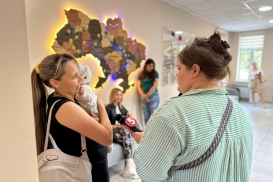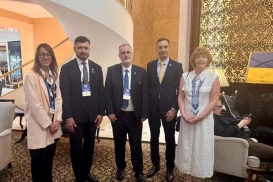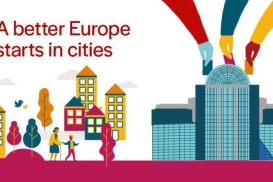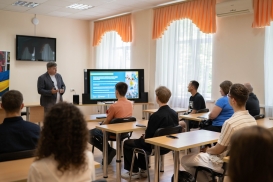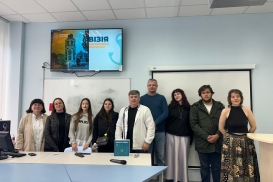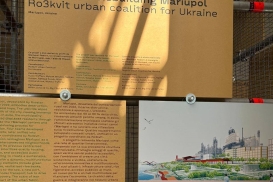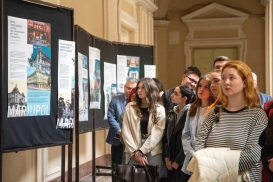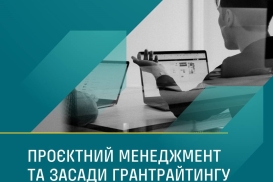Practical cases | What are the Polish Communities Strategies before and after EU accession

The well-known Polish expert, Doctor of Economics, Marian Adamek, who has more than 30 years of experience in local self-government, shared the key aspects of the strategies for the development of Polish municipalities before and after Poland's accession to the European Union.
Poland's accession to the EU in the late 1990s was supported by all major political forces of the country as an inevitable process of European integration. This has become a powerful impetus for local self -government bodies to develop and implement municipal development strategies. These strategies were usually based on three key components: social cohesion, competitiveness and management efficiency.
Among the most famous projects implemented by the Polish communities at the EU expense, the expert allocated investments in transport infrastructure, education, modernization of urban space, revitalization of historical centers. Regardless of the size of the municipality, most of them were road development projects, sports and recreational infrastructure, as well as school institutions. Rural communities were also actively invested in the development of water supply and sewerage systems, as well as health care facilities.
The success of the projects was evaluated by criteria such as achieving the set goals within the scheduled time and within the budget. At the same time, the expert emphasized the importance of establishing effective communication between the local authorities and the community.
In particular, he cited examples of Tarnovo-Pidhirne and Pleshhev municipalities, where local governments systematically conduct surveys among residents to better meet their expectations. This approach ensures the expansion of the rights and opportunities of citizens, contributes to the consideration of their priorities in the process of implementation of development projects.
The lecture within the Community Restoration Academy has become a unique opportunity for Ukrainian municipal managers to take the experience of colleagues from Poland and get acquainted with the practical cases of integration of European standards into local self -government. The components of strategies, including infrastructure investments, modernization of public space and effective communication with residents, provide valuable tools to build a sustainable development plan during the post-war recovery.
The Community Restoration Academy, founded by the Association Ukrainian Cities and NGO Mariupol.Rebortn, aims to prepare municipal managers for the recovery period. The project is implemented with the support of the UK government under the UK International Development and the International Republican Institute (IRI UKRAINE) in partnership with Metinvest and SCM. The educational partners of the project are Metinvest Polytechnic, National University of Kyiv-Mohyla Academy and Ukrainian School of Management.

